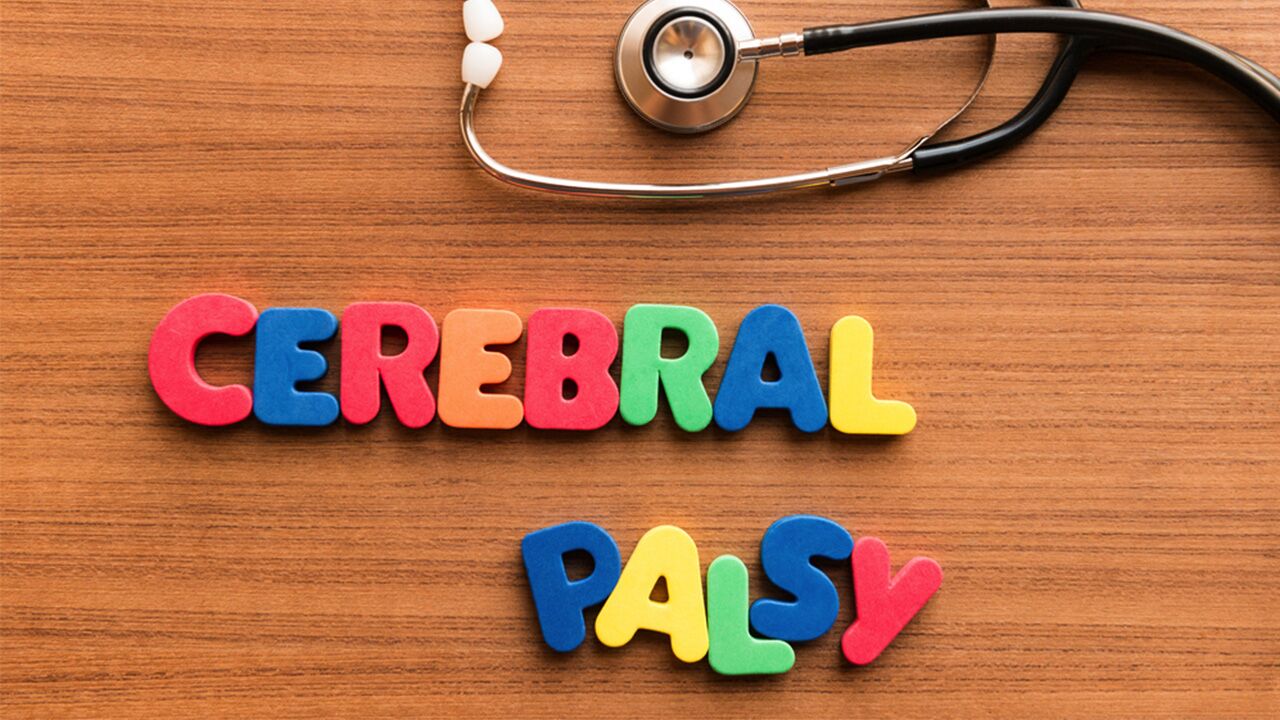Everything You Need to Know About Mumps
 By: by Amino Science
By: by Amino Science

Contagious diseases such as mumps are not dangerous just for us—we can easily transmit them to the people around us, as is the case with mumps.
What is mumps? Mumps is a viral disease that affects the salivary glands, also called the parotid glands. These glands are responsible for producing saliva. They are located behind and below your ears. The mumps virus causes swelling of the salivary glands.
When people think about the mumps, they usually think about mumps in children, but adults can also get the virus—and outbreaks are possible. Mumps outbreaks can occur any time of year, especially in crowded environments, classrooms, athletic teams, and college dorms. Mumps in adults often occurs with behaviors such as kissing or sharing cups. It’s typical for health departments to contact the Centers for Disease Control and Prevention (CDC) when they experience an unusually high number of mumps cases, as well as cases of other vaccine-preventable diseases. In 2016 and 2017, for example, some outbreaks of mumps on college campuses were reported to the CDC. In 2018, over 2000 Americans were diagnosed with mumps.
Mumps Symptoms
Symptoms of mumps usually appear between 12 and 25 days after a person has been exposed to the virus, but 30% to 40% of people affected do not have any symptoms at all. When mumps symptoms develop, they include:
- Swollen salivary glands
- Fever
- Headache
- Muscle aches
- Fatigue
- Loss of appetite
- Pain while chewing or swallowing
Complications of mumps, such as hearing loss, are rare and might involve inflammation in other parts of the body such as:
- Testicles: This condition, called orchitis, causes swelling in one or both testicles.
- Pancreas: This condition, called pancreatitis, causes pain in the upper abdomen, along with nausea and vomiting.
- Ovaries and breasts: This condition causes inflammation in the ovaries (oophoritis) or breasts (mastitis). If a woman has mumps during pregnancy, she may experience a miscarriage.
- Brain: A condition called encephalitis causes inflammation of the brain and can lead to neurological problems. Fluid around the brain and spinal cord, a condition called meningitis, occurs when the virus spreads through the bloodstream and infects your central nervous system.
Mumps in Children
If your child has mumps, the first thing you have to do is keep him or her away from other children and anyone who hasn’t been vaccinated—a person stays contagious until the swelling goes down, which is about a week. If your child has a fever or is in pain, you may give them ibuprofen, but do not give him/her ASA (acetylsalicylic acid). Give your child plenty of water or other fluids often to keep him/her hydrated. Monitor complications and call your doctor if your child develops:
- Fever of 103 °F (39 °C) or higher
- Issues eating or drinking
- Confusion or disorientation
- Abdominal pain
- Swelling and inflammation of the testicles
Mumps Vaccine
There is a vaccine to prevent mumps, which is given as part of the measles-mumps-rubella MMR, a combination vaccine that protects against measles, mumps, and rubella. You do not need a mumps vaccination if you had two doses of the MMR vaccine after 12 months of age, had one dose of MMR and you’re not at high risk of mumps exposure, or you were born before 1957.
Doctors do not recommend the vaccine to pregnant women or women who plan to get pregnant within the next 4 weeks, people who are allergic to the antibiotic components, or people with cancer, blood disorders, and diseases that affect the immune systems, such as HIV.
Doctors recommend that you get a vaccine if you:
- Were born in 1957 or later
- Are a nonpregnant woman of childbearing age
- Attend college or other postsecondary schools
- Work in a school, hospital, or other medical facilities
- Plan to travel overseas
Can You Get Mumps if You Have Been Vaccinated?
In the United States, the MMRV vaccine offers protection for 95% of people, leaving about 5% of people vulnerable. This is the reason why two doses are often recommended; the first dose at 12 to 15 months and the second dose at 4 to 6 years of age. Even with two doses, some patients may not produce the quality or quantity of antibodies needed for life-long protection.
If You Had Mumps, Can You Get Mumps Twice?
People who have had mumps are usually protected for life against another mumps infection, but second occurrences may happen. They are, however, rare. To support your immune system and defend against infections, take a daily essential amino acid supplement.
Mumps Remedies
If you or your child has mumps, rest and patience are crucial. The doctor can not help to speed up recovery, but you can follow these tips to reduce the discomfort and make sure others do not get infected.
- Isolation: Isolate yourself or your child during the week after you notice symptoms to prevent mumps outbreaks.
- Rest: If you have a fever, rest in bed until the fever goes away.
- Hydration: Drink plenty of fluids—water is always best.
- Cold relief: Soothe swollen glands by applying ice packs.
- Diet: Eat a gentle diet of soup, yogurt, and soft foods that are easy to chew, such as mashed potatoes or cooked oatmeal. Avoid acidic foods and beverages, such as citrus fruits or juices that may make the pain worse in your salivary glands.
- Medication: Consider taking over-the-counter pain relievers, such as acetaminophen (Tylenol) or a nonsteroidal anti-inflammatory drug such as ibuprofen (Advil) to ease symptoms. Adults may also take aspirin, but do not give aspirin to children. Reye’s syndrome is a rare disorder that causes brain and liver damage, and it usually occurs in children who have had a recent viral infection—taking aspirin increases the risk of Reye’s.
- Clothes: Wear an athletic supporter and use cold compresses to reduce the pain of swollen testicles.


Up to 25% off Amino
Shop NowTAGS: conditions
Join the Community
Comments (0)
Most Craveable Recipes




 833-264-6620
833-264-6620



















